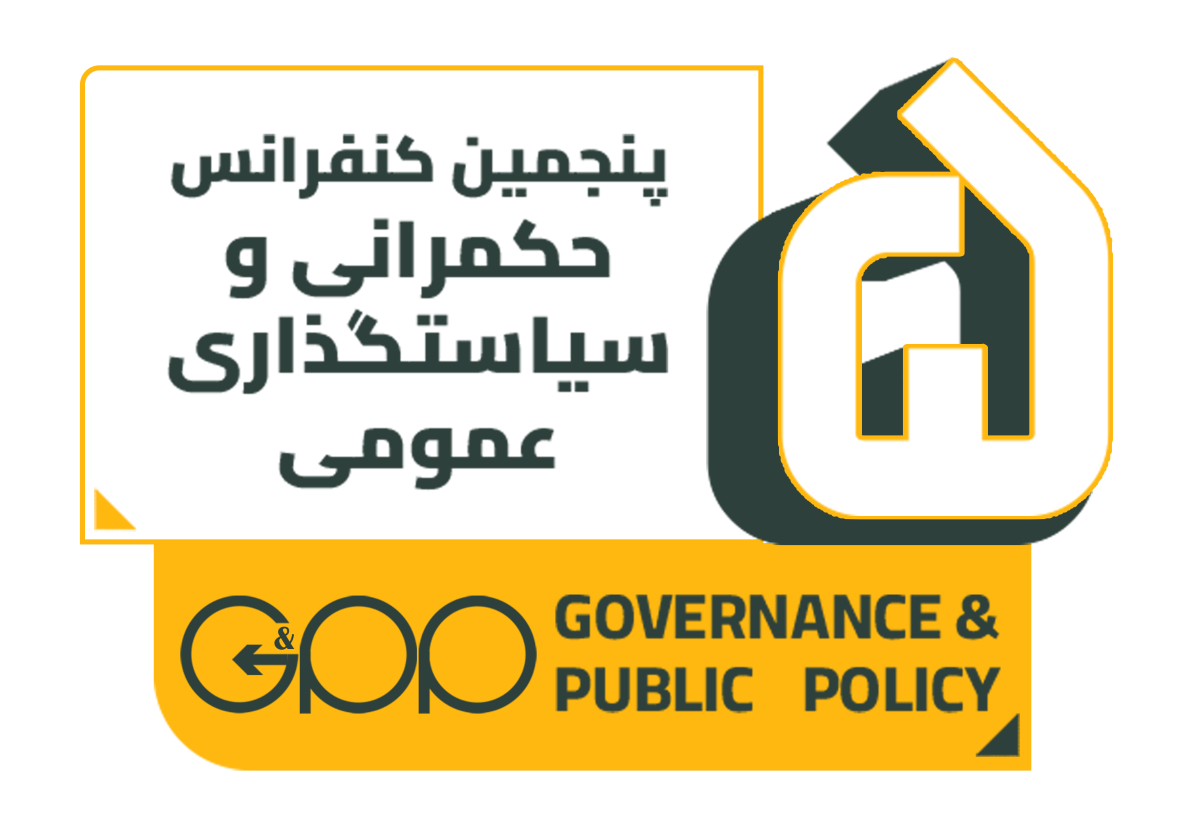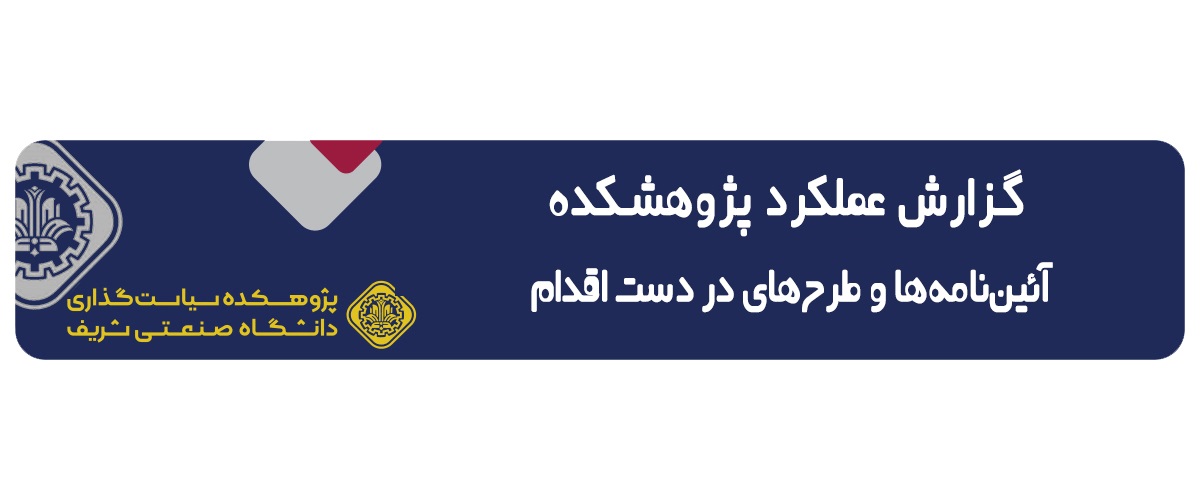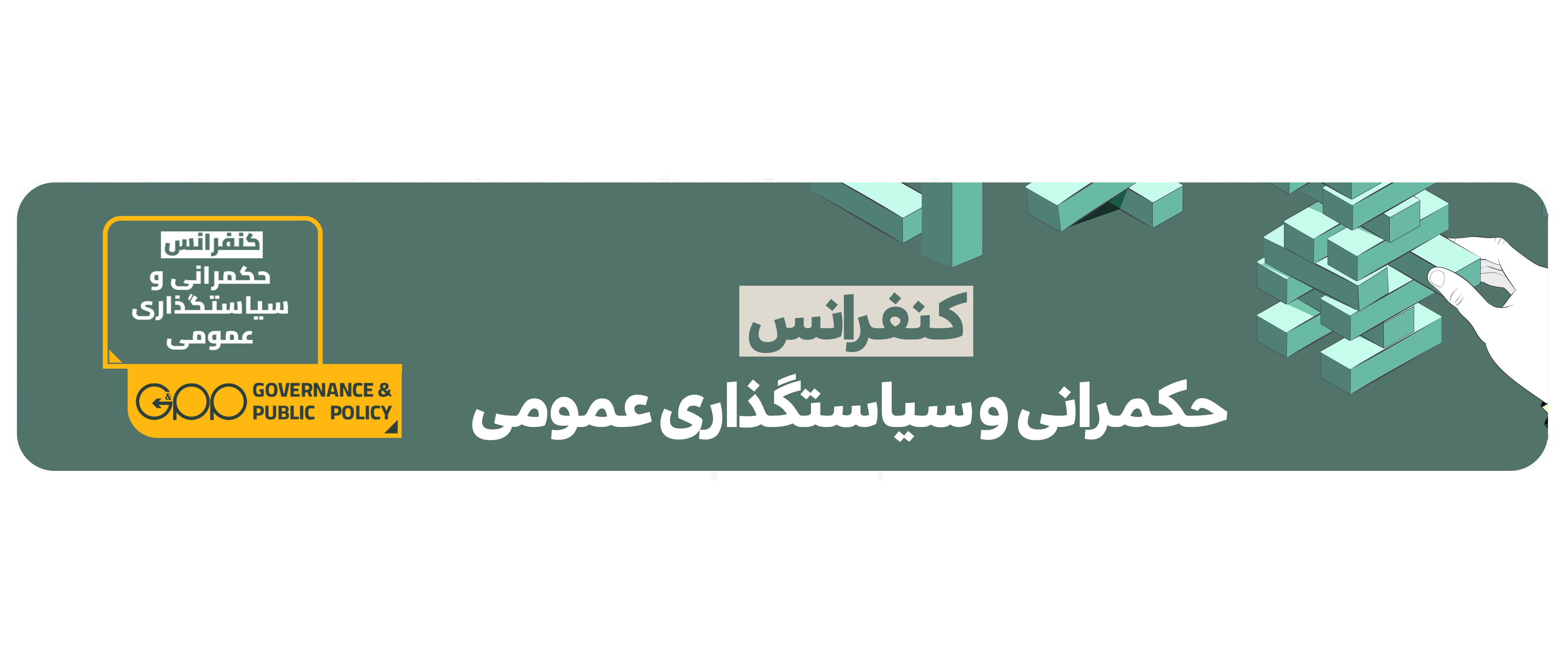چکیده
Public procurement for innovation (PPI) has been a trending demand-side innovation policy in developed countries. The main argument of PPI in leveraging public demand for innovation development is equally important for economic catch-up in developing countries. Besides stimulating demand, catch-up literature stresses on capability building which has been addressed in recent reconceptualisation of PPI to “public procurement for capability building” (PPCB). The multi-case study of the recent experience of Iran in procuring strategic high-tech oil equipment for technology transfer purposes highlighted similarities and dissimilarities between PPCB and PPI. Similar to PPI, PPCB provides lead user and lead market, and stimulates user-producer interaction and collaboration among other stakeholders. Dissimilar to PPI, PPCB is thought to be a hybrid demand-supply innovation policy by stimulating demand but at the same time monitoring (technological) capability building on the supply side. Finally, the relevance of PPCB as a prospective development and catch-up policy was discussed via its potentials and challenges. As potentials, PPCB could create (sustained) public demand for innovation and technological capability, act against incumbents and in favor of (small) newcomers, address information failure by getting government, private sector and users together to build an “embedded autonomy” of public procurers and help formation of coalitions and joint-ventures. Since PPCB is a mission-oriented innovation policy adoptable in a bottom-up approach, the disadvantages associated with broad, hands-off and top-down catch-up policies are less relevant. But, as experienced in the case-study, PPCB has a serious challenge regarding measurability of capabilities of firms. In addition, it confronts most of the challenges being experienced for PPI, including corruption, risk management, incentivization, organisational barriers, legal issues and learning from fragmented experiences. Keywords: Public procurement for innovation (PPI); Public procurement for capability building (PPCB); Economic catch-up and development; Capability failure; Information failure.



 علی ملکی
علی ملکی نجم الدین یزدی
نجم الدین یزدی




